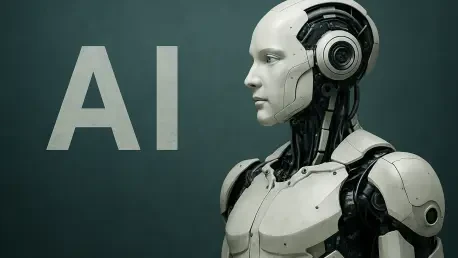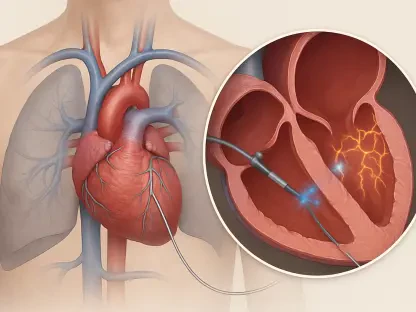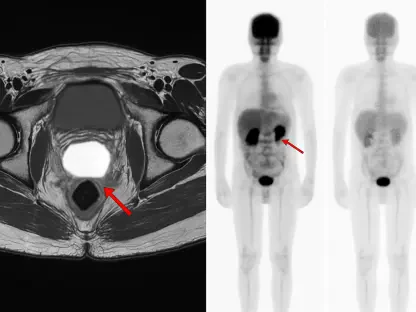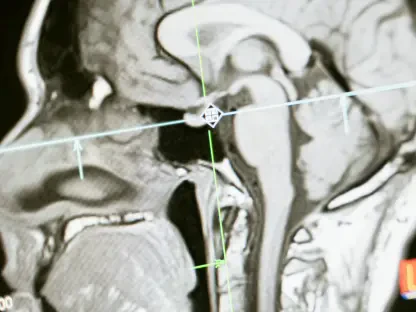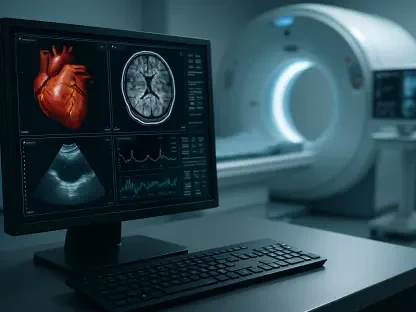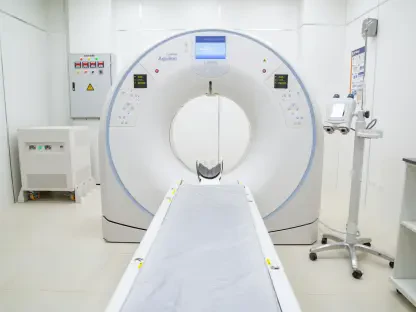The U.S. healthcare sector faces daunting challenges as inefficiencies in billing lead to financial losses exceeding $300 billion annually. These losses stem from billing errors, undercoding, and claim denials, all worsened by the slow pace of manual chart reviews. In response to this pressing issue, Charta Health has secured $22 million in Series A funding. Led by Bain Capital Ventures with contributions from Madrona, SV Angel, Refract Ventures, and South Park Commons, the company aims to revolutionize medical billing through artificial intelligence, offering a promising solution to these longstanding inefficiencies.
Proactive Documentation in Healthcare
Enhancing Clinical Decision-Making
A significant barrier in healthcare today is the gap between vast amounts of patient data and the actionable information that reaches clinicians. Despite substantial investments in Electronic Health Records (EHR) and AI tools, only an estimated three percent of data influences bedside clinical use. This disconnect hampers diagnostic insights crucial for treatment planning. Charta Health addresses this gap with Proactive Documentation, an innovative feature that prepares comprehensive draft notes ahead of patient encounters. This technology not only aids clinicians by preemptively organizing pertinent information but also elevates the standard of care delivered.
The implementation of Proactive Documentation promises to transform clinical workflows by providing a more efficient way to process and utilize patient data. By automating this process, clinicians can focus more on patient interaction rather than paperwork, thereby enhancing the overall healthcare delivery experience. This forward-thinking approach ensures clinicians receive well-organized data, allowing for more informed and timely decision-making. This feature, therefore, bridges the traditional gap between data collection and clinical applicability, significantly boosting the efficacy of healthcare services.
Optimizing Revenue and Compliance
Charta Health’s platform also introduces powerful features designed to optimize revenue cycles while ensuring compliance with healthcare regulations. The AI-driven technology automates chart reviews and identifies missed coding opportunities. By doing so, it helps mitigate compliance risks and enhances revenue by reportedly increasing Relative Value Units (RVUs) by up to 15.2% per patient encounter. Such results are significant, ensuring financial efficacy alongside adherence to relevant rules and regulations.
Beyond revenue optimization, Charta Health conducts comprehensive compliance checks tailored to individual client guidelines. This proactive approach mitigates potential financial missteps and supports higher care quality without the substantial costs linked to conventional audits. Leveraging AI for these functions enhances operational efficiency and underscores the importance of compliance in maintaining effective and ethical healthcare services. With Charta Health’s system in place, organizations can anticipate not only enhanced revenue streams but also a reduction in costly compliance-related errors.
Integrating AI into Healthcare Systems
Seamless EMR Integration
A key trend in modern healthcare technology is the seamless integration of AI into existing Electronic Medical Records (EMR) systems. This integration provides real-time insights at the patient level across clinical, financial, and operational dimensions. The fragmented nature of healthcare infrastructure has made scalable AI applications challenging, yet Charta Health’s advancements in this field facilitate efficient integration. The platform reduces administrative burdens, enabling healthcare professionals to leverage AI’s potential without disrupting existing workflows.
By embedding AI into healthcare systems, Charta Health enhances the ability of these systems to provide actionable insights, which drive better patient outcomes and more streamlined operations. This technological evolution shows a clear pathway towards a future where AI is a core component of healthcare administration, improving both productivity and accuracy of healthcare delivery. Justin Liu, co-founder and CEO of Charta Health, emphasizes the significance of this seamless integration in unlocking the benefits of automation without overburdening medical professionals.
Reducing Administrative Burdens
Historically, the vast administrative tasks associated with healthcare management have been a notable source of frustration for healthcare providers. The administrative load often detracts from time that could otherwise be spent on patient care. Charta Health’s AI solutions aim to alleviate these burdens by streamlining tasks such as documentation, billing, and compliance audits. As a result, healthcare personnel can focus more on patient-centered care, redefining the healthcare landscape from a more human-centric approach.
The reduction of administrative tasks not only enhances the healthcare provider’s experience but also increases efficiency and minimizes the risk of human error. These improvements have a positive ripple effect on the healthcare system, offering significant potential to improve patient care and satisfaction. As AI continues to advance, the administrative simplification achieved through these innovations will likely extend further, promising a more efficient, error-free healthcare environment.
A New Era in Healthcare Innovation
The U.S. healthcare sector is grappling with significant challenges due to inefficiencies in the medical billing system, leading to over $300 billion in financial losses every year. These staggering losses are mainly caused by errors in billing, undercoding medical procedures, and denials of insurance claims. Compounding the issue, the manual process of reviewing medical charts is slow and outdated, creating further bottlenecks and inefficiencies. In light of this critical situation, Charta Health has emerged as a potential game-changer, securing $22 million in Series A funding to address these problems. The funding round was led by esteemed financial firm Bain Capital Ventures, with additional participation from Madrona, SV Angel, Refract Ventures, and South Park Commons. Charta Health aims to use artificial intelligence to overhaul the way medical billing is handled, presenting a hopeful solution to streamline processes and reduce the current inefficiencies plaguing the healthcare system, ultimately saving billions in potential losses.
